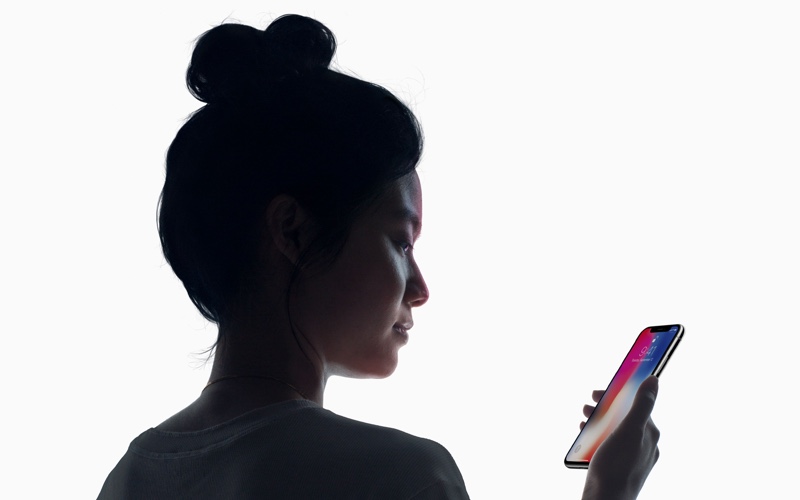One thing that we should not have doubt about is the fact that Face ID is the future for authentication in Apple devices. The TrueDepth 3D Camera technology that Apple has integrated in iPhone X is expected to make its debut in the next generation of iPad Pros and become a standard in not only flagship iPhones but also MacBooks and other gadgets.
Android manufacturers, who were caught off-guard when Apple announced this sophisticated authentication feature are bound to catch up and add similar technologies into their future devices.
So the question that bothers a lot of data security conscious people out there is whether Face ID is secure enough or not.
Is Face ID Secure Enough?
If you ask Apple, then Face ID is a lot more secure than Touch ID. Knowing Apple the company would not have taken the bold step of replacing fingerprint based Touch ID with Face ID if it didn’t believe in this statement. The company is so confident in Face ID being so secure is due to the fact that it has built this iPhone X feature with most advanced hardware and software.
The TrueDepth camera captures user’s facial data by projecting 30,000 invisible dots, through which it creates a depth map of the face. The captured depth data is sent to Apple’s A11 Bionic Chip’s neural engine, which converts the depth data and infrared image into mathematical representation and compares it with the data that is already stored. If a good enough match is made, the device is authenticated notes Apple. All this happens right on the device in iOS’s encrypted Secure Enclave.
Face ID vs Touch ID
Apple claims Face ID is more secure than the reliable and faster Touch ID, but how much? The company has provided some amazing figures about Face ID to prove its point.
According to Apple the probability of a random person in the population of picking up your Face ID secured iPhone and unlocking it with a facial scan is 1 in 1,000,000. Compared to this the probability of some random person being able to unlock your Touch ID protected iOS device is 1 in 50,000.
Other Safety Checks
Apple also has safety checks in place that will prevent any unauthorized person from accessing your Face ID protected iPhone’s data. iOS automatically asks for a passcode after every 5 failed Face ID scans. So if someone is trying to access your iPhone or is repeatedly looking at your device’s lockscreen, iOS will recognize that an unauthorized person has access to your device and require passcode input.
Face ID also knows when a person is attentively looking at the camera and wants to unlock the device. For example, Face ID will not work if user’s eyes are closed even if it has successfully recognized the face. This is done to prevent people from unlocking the device using a sleeping or unconscious owner’s face.
The require attention for Face ID and Attention-Aware features that can be turned on from Face ID & Passcode page also add a level of security by verifying that the person is looking at the device.
In addition to that Apple requires passcode when following happens:
- iPhone has just been turned on or restarted
- iPhone hasn’t been unlocked via Face ID in the last four hours
- iPhone hasn’t been unlocked via the passcode in the past six and a half days
- iPhone hasn’t been unlocked at all for more than 48 hours
- iPhone has received a remote lock command
- iPhone has initiated the Emergency SOS function
Face ID’s limitations
Face ID may be more secure than Touch ID however it does come with limitations. If you have a twin or very similar looking siblings, then chances of them being able to unlock your Face ID protected iPhone X are pretty high. Children that are under the age of 13 may also be able to unlock iPhones protected with facial data of similarly aged children as their distinct facial features are not fully developed. In fact this was demonstrated when a child was able to unlock his mother’s iPhone X using facial scan. Apple says if this is the case, then users should use passcode instead.
So to answer our main question ‘Is Face ID Secure Enough’ the simple answer is yes, it is secure enough. However just like any other security feature 100 percent security cannot be guaranteed. It is still reassuring to know that we have made progress and at least Face ID is more secure than Touch ID.
Those of you who still don’t believe Face ID is secure enough or have an evil twin, perhaps you should stick to passcode-only protection. Even in that case make sure you are using the right passcode.









